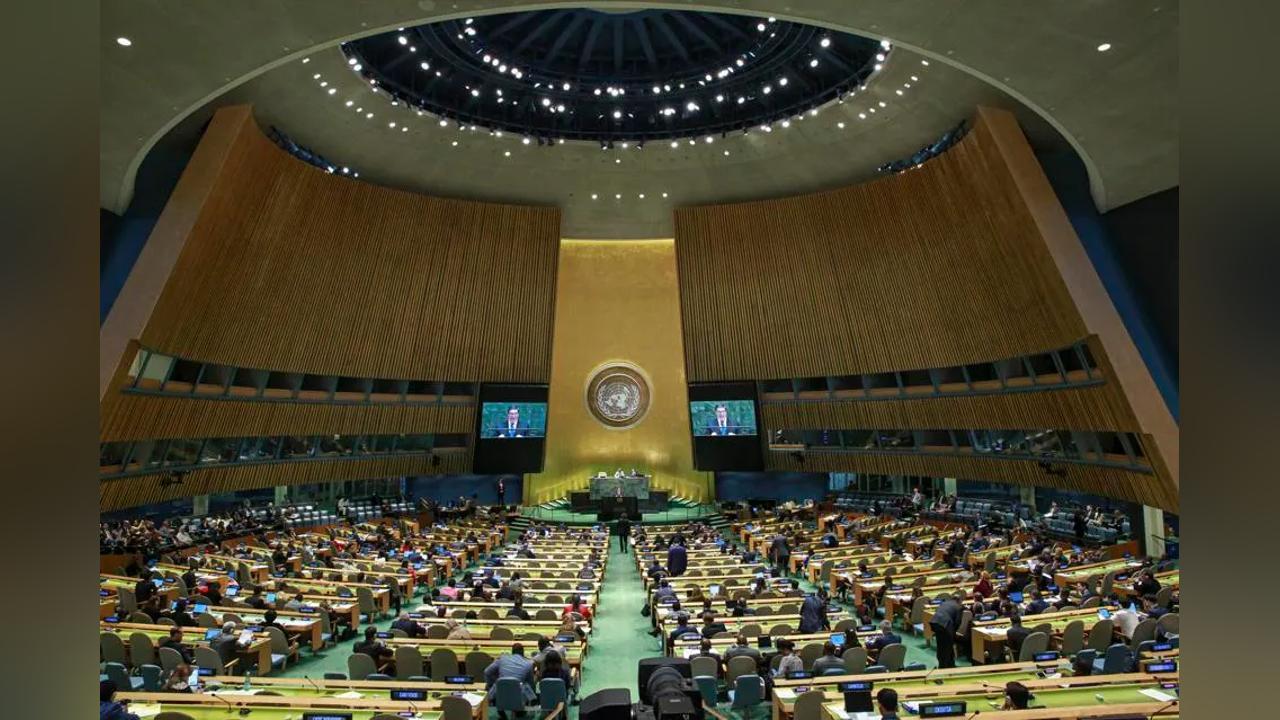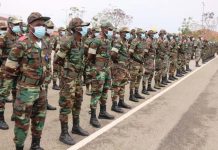Africa-Press – Angola. The functional structure of the United Nations (UN) requires “profound” reform to respond to the “countless” global conflicts, International Relations expert Gelson Jorge argued Friday in Moxico.
Speaking to the press, as part of the 800th anniversary of this largest political institution in the world, created on October 24, 1945, the academic believes that the UN, despite its importance on the global stage, has proven powerless in resolving the countless conflicts that arise on the planet.
According to Gelson Jorge, this institution’s involvement in various conflicts has been “convenient,” interfering only in underdeveloped nations, proving ineffective in the face of Western countries.To counter this reality and regain international prestige, he said there is a need to expand the permanent membership of the Security Council so that decisions are made more just and global, avoiding the current model in which the interests of the planet are decided by just five countries.
These are the United States of America, Russia, France, England, and China, which holds the veto power.
The academic stated that this organization was created during a period of global conflict, with a greater emphasis on serving the interests of Western countries, advocating a new structure to meet the needs of African and Latin American nations.
On June 26, 1945, in San Francisco, representatives of 50 countries met to sign the document that would found the United Nations: the United Nations Charter.
After the tragedy of World War II, the world sought a new way to preserve peace, based on dialogue between sovereign nations and the defense of human dignity.
The Charter officially came into force on October 24 of that year, the date we celebrate today as United Nations Day.
The Charter created a new architecture for global peace and security, based on six main bodies: the General Assembly, the Security Council, the Economic and Social Council, the Trusteeship Council, the Secretariat, and the International Court of Justice.
This institutional structure allowed not only the prevention of conflicts and the mediation of international tensions, currently only “timidly,” but also the launch of ambitious programs of humanitarian assistance, technical cooperation, and the promotion of human rights.
For More News And Analysis About Angola Follow Africa-Press






